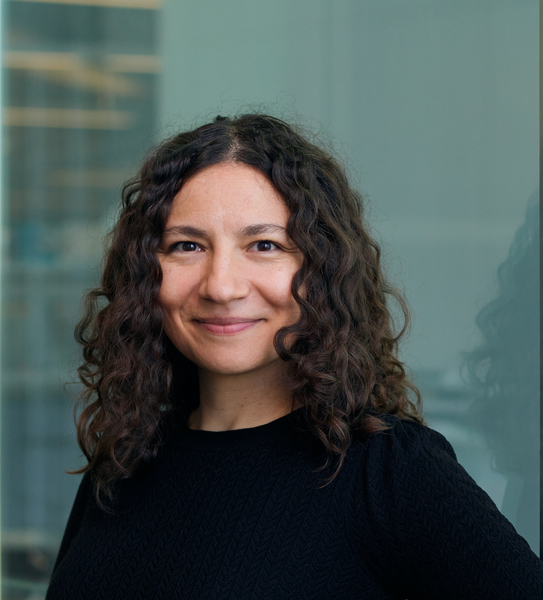Objectives
Abstract:
My group’s research centres on understanding the genetic and developmental bases of organ evolution. In the first part of my talk, I will describe our work on the development and evolution of sex differences. Sexually dimorphic traits are widespread among mammals and emerge during development through sex-specific gene expression programs. We know little about these programs, including the genes, regulatory networks and cell types that underlie them. It is also unclear when differences between the sexes emerge during organ development and how fast these differences evolve across mammals. We have answered these questions using bulk and single-cell gene expression time-series data from six species (human, mouse, rat, rabbit, opossum, and chicken) covering the development of five organs. In the second part of my talk, I will describe my group’s strategy for determining how morphological novelties - new cell types, new tissues, and new organs - arise during evolution. We focus on an organ that has originated multiple times independently and exhibits an extraordinary phenotypic diversity: the placenta. I will describe our work on the mammalian placenta, which I will show is a unique model to study how new cell types arise. I will also discuss our work in a family of fish (Poeciliidae) where complex placentas have evolved independently multiple times, making it a unique system to study how new complex organs arise during evolution.
 Short Bio:
Short Bio:Margarida did her PhD research in evolutionary genetics in the group of Manyuan Long at the University of Chicago and afterwards joined Andrew G. Clark's group at Cornell University for a postdoc. While at Chicago and Cornell, Margarida investigated how new duplicated genes are created, their early dynamics in populations and why some eventually become fixed. Over time, Margarida's interests expanded to include the genetic and developmental bases of new phenotypes, which led her to join the group of Henrik Kaessmann, first at the University of Lausanne and then at Heidelberg University. Margarida spearheaded a research program on the evolution of mammalian organs, for which she received the Otto-Schmeil prize from the Heidelberg Academy of Sciences in 2020.
Margarida started her group at the Francis Crick Institute in 2021. She studies how new organs originate and how they change in form and function across species. Margarida's group is investigating these fundamental questions by studying the placenta, an organ that has evolved independently at least 100 times across vertebrates and which shows an incredible diversity of forms and functions across different species.
Speakers
Speaker: Margarida Cardoso Moreira. Evolutionary Developmental Biology Laboratory, The Francis Crick Institute, London, UK
Host: Gonzalo Parra, Established Researcher, Computational Biology - Life Sciences, BSC


